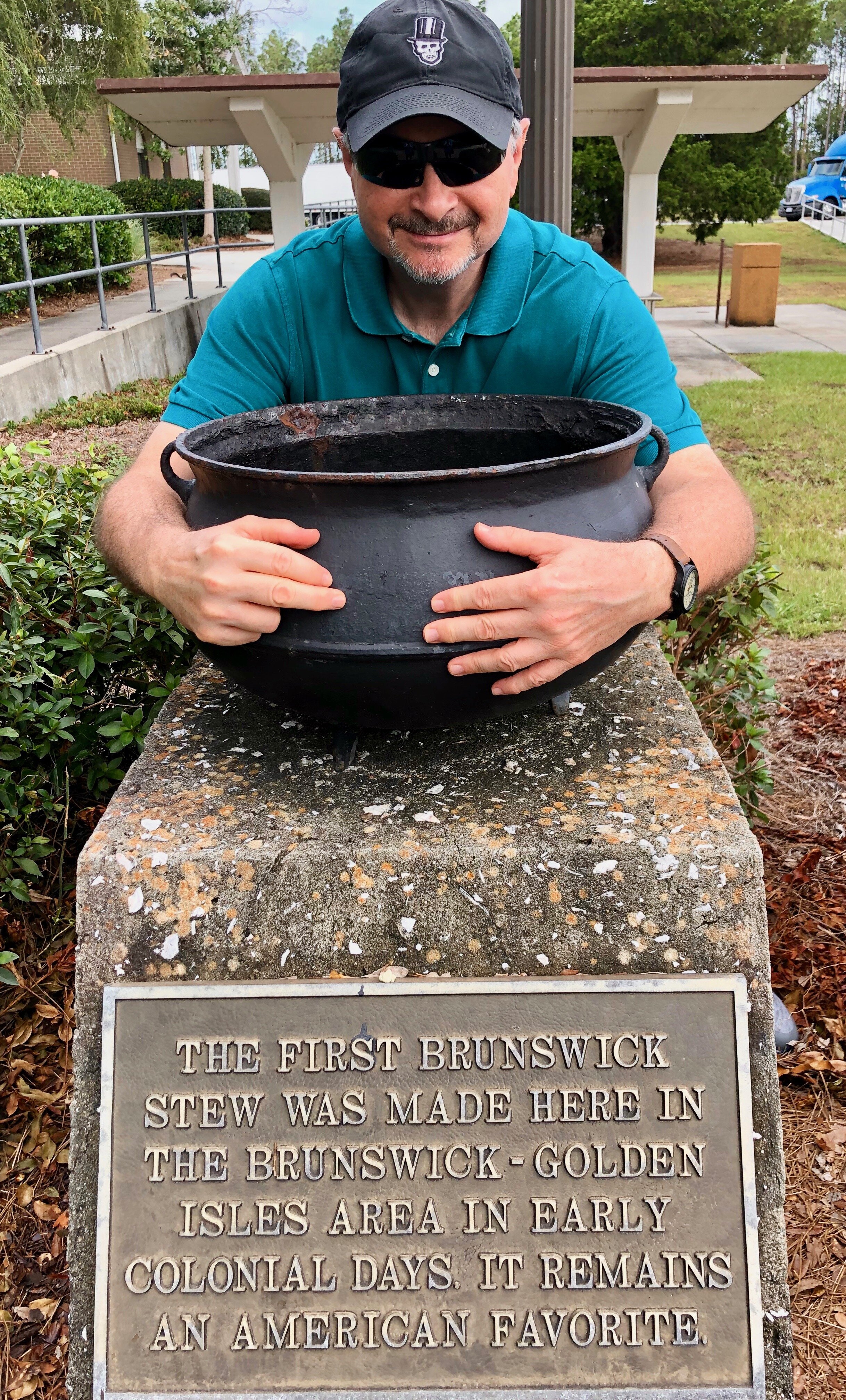My last name is Scottish, so it was only a matter of time before the Robert Burns Club of Atlanta asked me to come to one of their monthly dinners and speak about "Smokelore" and the history of barbecue.
I went to the Burns Cottage in southeast Atlanta, a replica of the great Scottish poet’s home in the old country. It was a chilly, rainy evening fit for the occasion, and the club members greeted me with a dram of Scotch whisky, which warmed my soul and loosened my tongue.
In all the things that have been written about Burns, the bard best known for "Auld Lang Syne," it has never been suggested that he was a barbecue man. He did plan to relocate to Jamaica in 1786, for work, but he never made it. If he had, he doubtless would have encountered New World barbecue near its very birthplace.
So I scrambled to think of Scottish barbecue connections other than the fact than many American barbecue lovers and practitioners have Scots-Irish blood. I thought of one: smoked salmon. While indigenous people in the Americas certainly smoked fish, it’s a thing in Scotland as well. Maybe that’s why we smoke salmon every year at my family’s Christmas Eve feast.
Then I found another connection on the buffet table, where the potluck dinner that preceded my talk featured side by side trays of Southern pork barbecue and … yes, barbecue haggis (the darker stuff). Club member Jason Graham had made a mess of haggis — that hearty, stereotypically Scottish dish of sheep meat and organs — and smoked it on a Big Green Egg. I must admit that I preferred the pork, but I liked the haggis just fine and loved what it said about the mingled ancestry so many of us share.
Not that I expect smoked haggis to show up at many barbecue restaurants.
Thank you to the Burns Club for an enjoyable evening, to member Charles McNair for setting the invitation in motion, to member John Thrasher for meeting me with that dram of Scotch, and to club president Lee Landenberger (with me in the photo) and VP Scott McAlpine for their hospitality.
I’ll think of you all next time I raise a "cup o’ kindness," as Rabbie put it.










